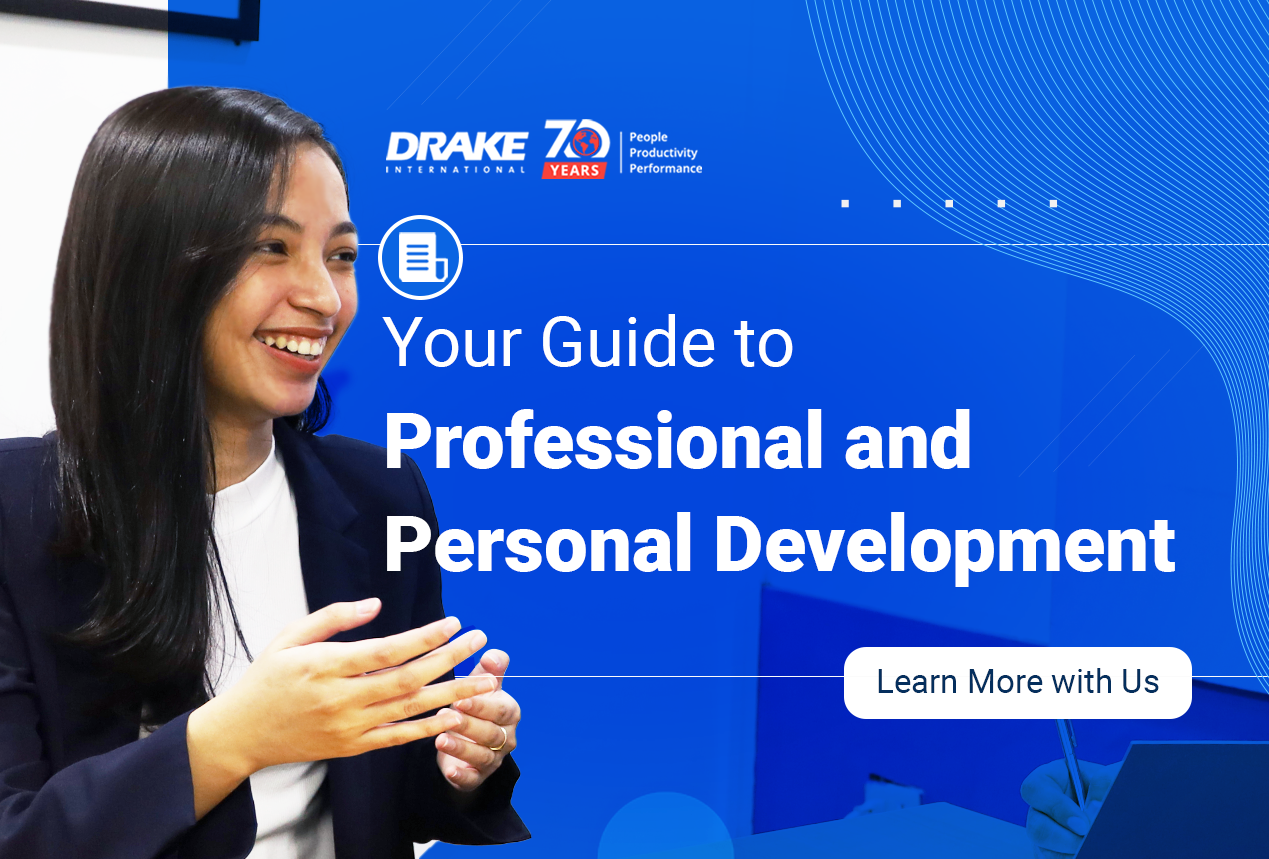The road towards sharp customer-focus goes via people management - part 2
This is the second of two blog entries on this topic. For Part 1 please click here.
Developing a sharper Customer Focus for a sharper competitive edge is a means for sustainable competitive differentiation and thus a profit strategy. In a previous blog entry here, called People>Service>Profit Chain , I emphasized the critical importance of People in achieving a sharp Customer-Focus. In this entry I am pointing again towards the importance of People Management. By way of context, let’s define Customer Focus first: It is an aligned whole-organization approach to customer satisfaction and service, leading to loyalty and advocacy.
In a Customer Focused organization, Leadership, Processes and People are customer-aligned. In broad strokes this means that:
- Every action is shaped by a relentless commitment to meeting and exceeding customer expectations regarding product and service quality
- Customer touching and supporting internal processes are constantly evaluated and improved to meet or exceed those expectations
- Employees are aware of their role in maintaining a valued relationship with their external and internal customers
But what exactly does that mean and how do you do it?
There are a number of pragmatic building blocks of a Customer-Focused culture. As you will see, several of them deal with aspects of People Management; this is a clear strand that runs through these components.
In my first entry of this topic I covered:
- Define Customer-Focus
- Make a business case
- Set goals
- Make Customer-Focus everyone's business
Here are the remaining four building blocks:
5. Cultivate competencies that drive Customer-FocusIdentify the competencies that support strong Customer-Focus, and communicate these to employees. Then assess every manager and employee's demonstration of these core- and role-specific competencies and put development plans in place to increase everyone's proficiency. Make sure you translate them into observable and measurable behaviors, so managers and employees clearly know "how" they are expected to work. The assessment of these core- and role-specific competencies should be a key part of your performance appraisal process and forms. Managers should be accountable for leading by example and supporting and coaching their employees in this. That is how an organization ends up Walking the Talk!
6. Develop Customer-FocusThere are lots of learning programs and activities that aim to increase Customer-Focus. Not all of them are effective. I personally like the Customers for Life framework offered by The Training Bank, either through in class or online delivery. They include activities and tools to help define the competencies you have defined as important to Customer-Focus and make them available to employees and managers. Measure the impact each training resource has had on employee performance. This way, you can identify and maximise use of the tools and programmes that are truly effective and eliminate those that aren't.
7. Reward and celebrate Customer-Focused accomplishmentsRegularly assess every employee's performance of their goals and Customer-Focus competencies. Performance appraisals are a great way to do this, but employees really need ongoing feedback and coaching from their managers in order to develop and improve their performance. Employee performance management should be an ongoing, two-way dialogue between managers and employees, not a once-a-year task. Where opportunities for development are identified, managers should work with their employees to identify appropriate learning activities. And strong employee performance and demonstrated Customer-Focus should be acknowledged and rewarded through formal and informal means. Especially sincere celebration is a key ingredient of success. This has to be celebrated discontent, though. Yes, we celebrate success, but we cannot rest on our laurels – good is never good enough - what’s next...
8. Communicate, communicate, communicateThis last building block is often forgotten. Communication needs to become a forethought, rather than the afterthought it often is. Communicate the core competencies that support the organization's focus on customers. Communicate the organizational goals related to Customer-Focus. Communicate organizational progress of these goals. Communicate milestones and results as they are achieved. If you want to build a Customer-Focused culture, you need to keep Customer-Focus at the forefront for all employees. Reinforce that with constant communication about its importance and relevance.
Building a Customer-Focused culture takes time and effort — but the payout for your organization, customers and shareholders is significant. There is ample empirical research that provides evidence of the linkage between sharp Customer-Focus and above average and sustainable profitability. As you can see, a key ingredient is leveraging your People Management processes (like hiring, performance appraisals, employee development planning, and compensation and rewards) to help focus everyone in the organization on demonstrating Customer-Focus and achieving such organizational goals.
PS: A good and practical read is the book That’s Customer Focus by Ray Miller.
Eric Fraterman is a Customer Focus Consultant with a wide and deep experience in more than twenty industries and six countries over 25 years. He helps organizations create a Customer-Focus advantage for gaining and retaining business through exceptional customer service and experience.He can be reached at eric@customerfocusconsult.com Website: www.customerfocusconsult LinkedIn: http://www.linkedin.com/in/440216ericfraterman
 CA-EN
CA-EN UK
UK AU
AU US
US NZ
NZ PH
PH ZA
ZA SG
SG HK
HK


